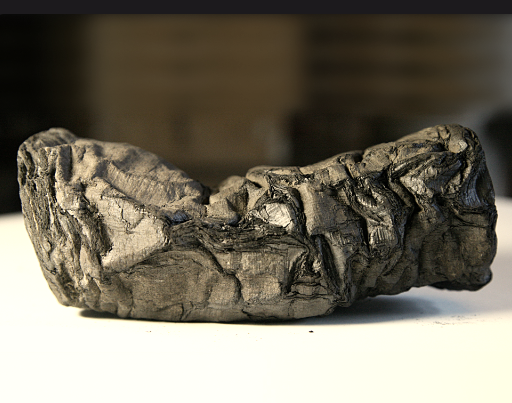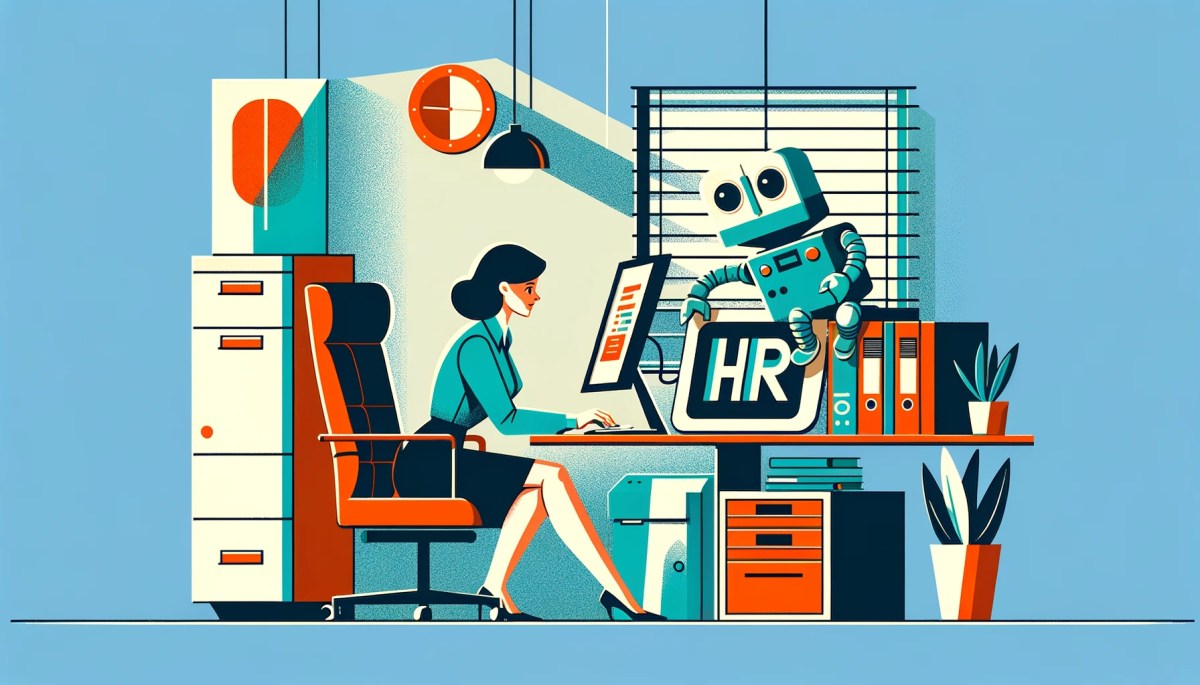A partially deciphered charred Roman scroll, buried during the Vesuvius eruption in A.D. 79, has been successfully decoded by a team of classical scholars with the assistance of three young computer scientists utilizing artificial intelligence.
This scroll is a part of the Herculaneum Papyri collection, which consists of approximately 1,800 scrolls unearthed in the 18th century at the Villa of the Papyri in Herculaneum, Southern Italy. The scrolls suffered extensive charring due to the volcanic eruption that famously devastated the city of Pompeii.
These carbonized documents, resembling charred logs from a campfire, pose a significant challenge for decipherment as they are extremely fragile, with even the slightest touch risking disintegration into ash. Despite some scrolls being carefully unfurled, advancements in technology have enabled virtual unwinding of these delicate artifacts.
In 2023, a team of scientists led by Professor Brent Seales, a computer scientist from the University of Kentucky, in collaboration with Silicon Valley executive Nat Friedman, utilized X-ray technology and a machine-learning algorithm to discern subtle variations in the rolled-up scrolls, leading to the decryption of certain passages.
To further progress their efforts, the team launched the Vesuvius Challenge, offering monetary rewards to students who could develop software capable of unraveling the ancient texts. Today, it was announced that a trio of computer-savvy students from Egypt, Switzerland, and the U.S. have clinched the $700,000 prize.
Youssef Nader, currently residing in Germany, Luke Farritor in the U.S., and Julian Schilliger in Switzerland successfully deciphered over 2,000 Greek letters from one of the scrolls. Farritor, who had previously earned $40,000 for identifying the Greek word for “purple,” developed a machine-learning model to detect subtle textural differences in the charred scrolls, revealing hidden ink imperceptible to the naked eye.
Through their collaboration, the team uncovered 15 passages comprising more than 2,000 characters, equivalent to approximately 5% of the entire text within the scrolls. The deciphered text is believed to be the writings of Philodemus, an Epicurean philosopher expounding on topics such as food, music, and the pursuit of pleasure. In the decoded scroll, Philodemus reflects, “In the case of food, we do not right away believe things that are scarce to be absolutely more pleasant than those which are abundant.”
With numerous scrolls in the villa awaiting exploration and potentially many more yet to be unearthed, each scroll offers a glimpse into the daily lives and philosophies of ancient civilizations. Scientists are optimistic about further revelations, aiming to decode 85% of the aforementioned scroll by year-end and expedite the decryption process for other scrolls as technology advances.
Robert Fowler, a classicist and chair of the Herculaneum Society, expressed, “Some of these texts could completely rewrite the history of key periods of the ancient world. This is the society from which the modern Western world is descended.”










